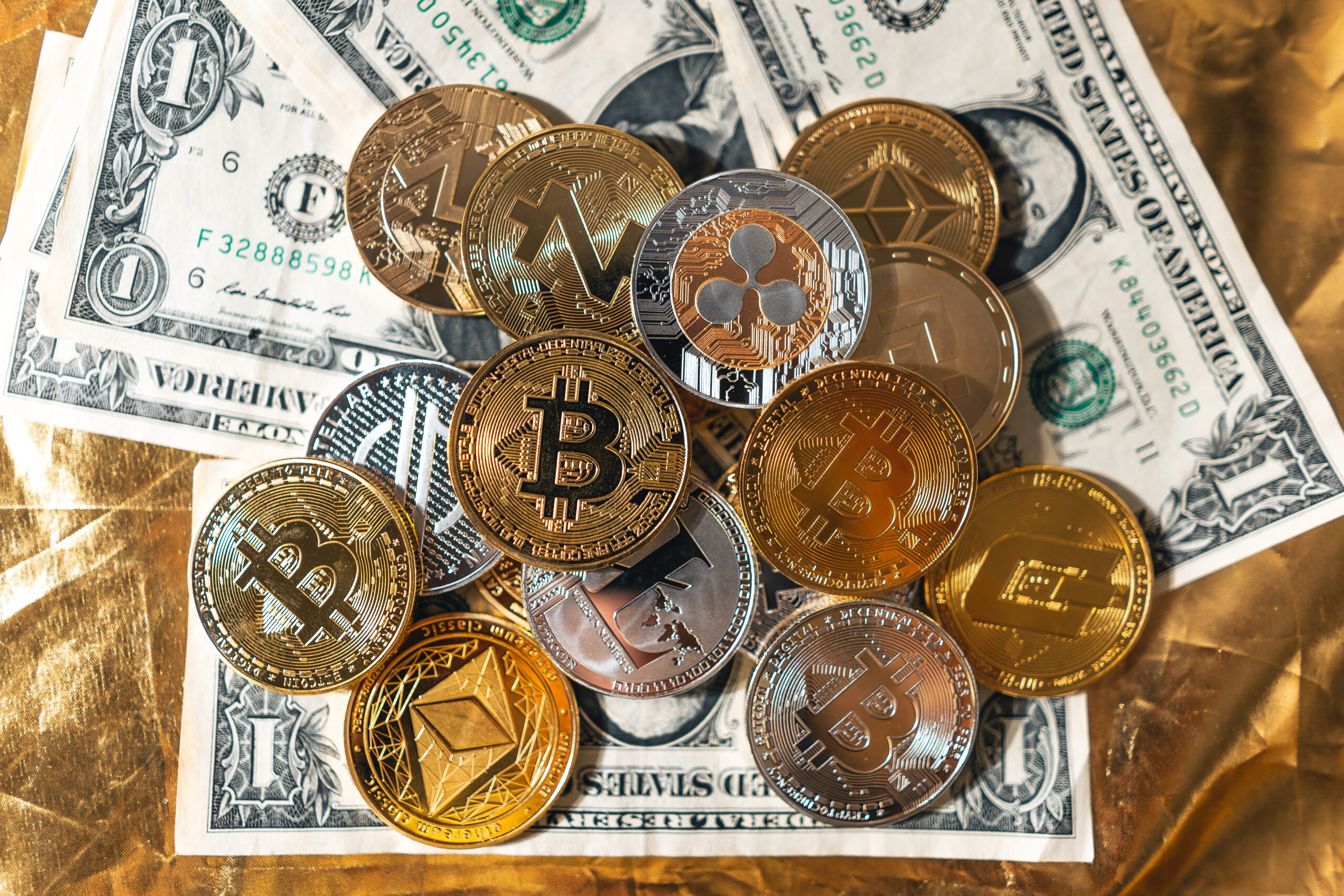Navigating Cryptocurrency Regulations in Nigeria: A Guide to Staying Compliant

“Emeka, a Lagos-based UI/UX designer, gets paid in USDT by his US clients. When CBN announced its 2021 ban, Emeka’s bank account was frozen overnight.”
For those in the tech and fintech spaces, this might sound like a familiar story.
So, should you dump crypto because of regulation or fear? Not at all. In fact, this is the best time to get smarter with cryptocurrency compliance.”
As a trader, a fintech investor or even an ordinary Nigerian, understanding Nigeria’s crypto regulations is crucial as it now reshapes how Nigerians think about money, investing, and wealth creation amidst inflation, Naira devaluation, and limited access to foreign exchange.
Nigeria traded over $56 billion in crypto between 2019–2023 (Chainalysis) and despite the CBN ban, Binance P2P in Nigeria grew into one of the largest in the world. But with this rapid growth, comes increased government scrutiny.
But here’s the twist: the same government that once “banned” crypto has been rewriting its rules, and linking it to tax compliance and financial reporting. With the 2025 Finance Act and fresh SEC/CBN guidelines, the big question is: How do you trade or invest in crypto legally without landing in trouble with regulators—or losing money to scams?
This guide breaks it down, in plain Nigerian English, with real-life examples, data, and compliance tips you can actually use.
A Short History: From CBN Ban to 2025 Finance Act
- The Boom (2017–2020)
- Nigeria quickly became one of the top 3 global adopters of Bitcoin.
- The reason for the early adoption? Inflation, dollar scarcity, and millions of young people earning online.
- The 2021 Ban
- CBN told banks to cut ties with crypto exchanges.
- Overnight, accounts got frozen, and traders had to rely on P2P platforms like Binance.
- Crypto itself wasn’t illegal, but moving money became a nightmare.
- The Pivot (2023–2025)
- By December 2023, CBN softened its stance, allowing licensed Virtual Asset Service Providers (VASPs) to operate.
- In 2025, the Finance Act officially tied digital assets to taxation:
- Gains from crypto are now treated like Capital Gains Tax (10%).
- Registered exchanges must submit transaction reports to FIRS.
- Informal traders (yes, even that student flipping USDT) are being drawn into the tax net.
Is Cryptocurrency Legal in Nigeria in 2025?
Yes—but with rules.
- You can own, trade, and invest in Bitcoin, Ethereum, or stablecoins.
- You must use registered platforms (licensed by SEC/CBN).
- If you profit, expect FIRS to ask for their share.
To own Crypto means “trade but pay tax.”
How New Tax Laws Affect Crypto Users
| Category | What It Means in 2025 | Real-Life Example |
| Freelancers | If you earn in USDT/ETH from Fiverr or Upwork, it counts as taxable income. | A project manager cashes out $500 monthly in USDT. FIRS expects her to declare ₦600,000 yearly gains. |
| Students/Traders | Small-scale P2P trading is no longer quiet. | Anyone flipping USDT for profit will owe capital gains tax if he makes ₦1m profit in a year. |
| Businesses | SMEs accepting crypto payments must record them as part of revenue. | A brand taking stablecoin payments must include them in tax filings. |
| Big Investors | Large holdings attract reporting requirements to FIRS. | A person who made ₦5m from Bitcoin price gains will face 10% CGT. |
Staying Compliant as a Nigerian Crypto User
- Use Only Registered Platforms
- Stick to exchanges licensed in Nigeria (Quidax, Roqqu, Yellow Card).
- Binance P2P is still legal but operates under tighter KYC checks.
- Complete Your KYC
- Platforms will demand NIN, BVN, and ID verification.
- If you skip this, you risk frozen accounts.
- Track and Declare Profits
- Keep records of trades.
- FIRS is working with banks , undeclared large crypto inflows may trigger audits.
- Avoid Shady Schemes
- Ignore “crypto doubling” on WhatsApp/Telegram.
- Rug pulls and Ponzi tokens are now actively monitored by the SEC.
Opportunities Despite Regulation
- P2P Trading: Still works and is safer with escrow protections.
- Stablecoins: Perfect hedge against naira depreciation.
- NFTs & Digital Art: Nigerians like Osinachi (NFT artist) are selling globally at hefty prices.
- Staking & Yield: Cautious users can earn extra income from holding coins.
Common Myths vs Reality
| Myth | Reality |
| “Crypto is banned in Nigeria.” | False. It’s regulated, not banned. |
| “You can’t use banks for crypto.” | False. Licensed exchanges now integrate banking. |
| “Crypto profits are tax-free .” | False. From 2025, crypto gains fall under CGT. |
| “Only tech bros can use crypto.” | False. Even market women use stablecoins for savings. |
Conclusion
Nigeria is no longer saying “No” to crypto. It’s saying: “Yes, but on it’s terms.”
Compliance is part of the hustle. Use licensed platforms, pay attention to taxes, and keep your records straight.




















